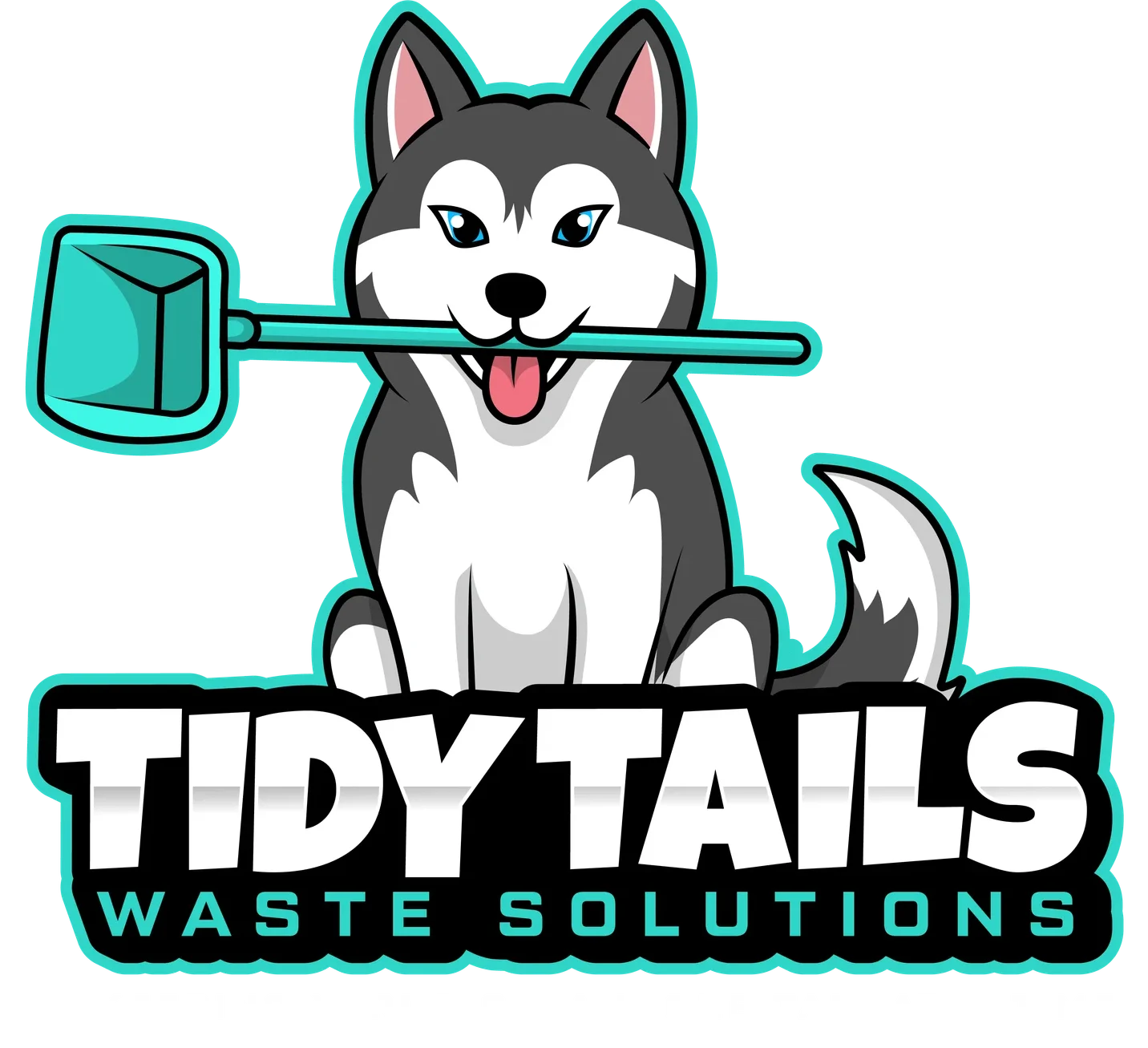At Tidy Tails Waste Solutions, we understand that picking up after your pup isn’t always top of your to-do list. But did you know that dog waste is more than just an unsightly mess? It’s a breeding ground for dangerous bacteria, viruses, and parasites that can affect your pet, your family, and even your neighbors’ yards.
Here’s what you need to know about the real risks hiding in pet waste—and why proper cleanup and sanitation are essential:
 Dangerous Bacteria That Can Be Spread
Dangerous Bacteria That Can Be Spread
1. Campylobacter
This bacteria is commonly found in dog feces and can cause diarrhea, vomiting, and fever in both pets and people. It’s highly contagious and spreads easily when pet waste isn’t properly disposed of.
2. Salmonella
Often associated with contaminated food, Salmonella can also live in dog poop. It can infect both pets and humans, causing serious gastrointestinal issues.
3. E. coli
This bacteria thrives in the intestines of animals. When dog waste isn’t cleaned, E. coli can contaminate soil and water, leading to dangerous health consequences.
4. Clostridium perfringens
This bacteria lives in soil and feces and can cause diarrhea and gas in dogs. If spread to other yards, it can put neighboring pets at risk.
 Common Viral Threats
Common Viral Threats
Canine Parvovirus (Parvo)
This extremely contagious and often deadly virus can live in soil for months. Even a small amount of contaminated feces can infect a dog, especially puppies.
Canine Coronavirus
Different from the human virus, this version causes gastrointestinal symptoms in dogs. While not transmittable to humans, it spreads quickly between dogs in contaminated environments.
Parasites That Linger in the Lawn
Roundworms
A common parasite in dog poop, roundworms can cause severe digestive problems in pets and even lead to blindness in children if ingested accidentally.
Hookworms
These parasites can infect dogs and people through the skin, leading to anemia and skin irritation.
Giardia
This microscopic parasite lives in contaminated water and feces and causes diarrhea and nausea in both pets and humans.
Coccidia
Particularly dangerous to puppies, coccidia causes dehydration and digestive issues and spreads rapidly in shared spaces.



